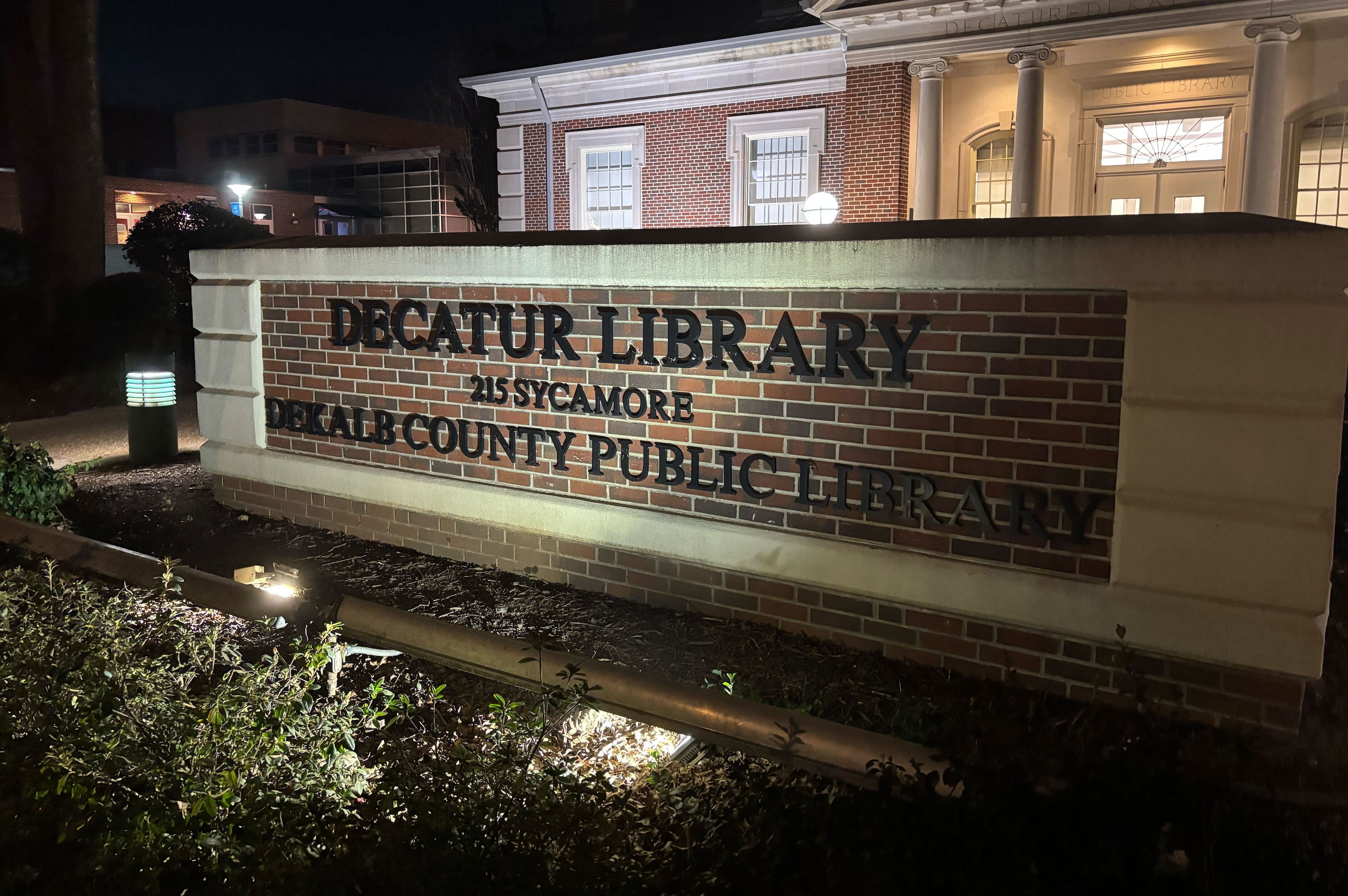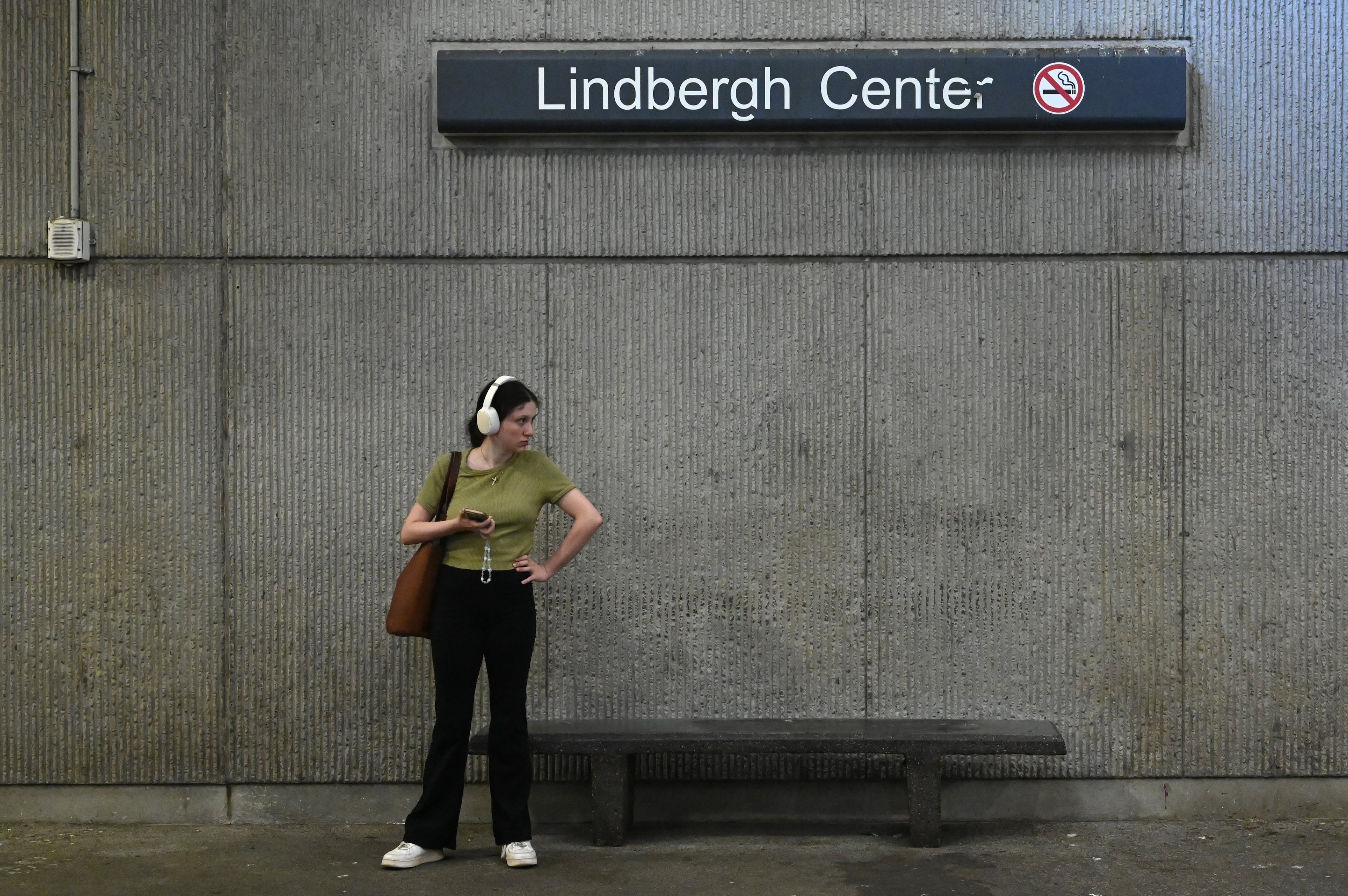License plates helping with crowded animal shelters

Vehicle license plates could be a small piece in helping address chronic overcrowding at metro Atlanta animal shelters.
Two organizations, the Georgia Pet Foundation and Fix Georgia Pets, are using revenue from the sales of specialized license plates to provide free spay and neuter programs at shelters across the state.
Tricia Holder, the executive director for both nonprofits, said her parents founded both organizations about 12 years ago, and came up with the idea to make a license plate in 2016. The original design was discontinued this year when Atlanta folk artist Kyle Brooks created a new one. The new plate has been available for about two weeks.

On average, 5,000 license plates have been sold per month, Holder said. Some of the funding is also dispersed to other organizations trying to address shelter overcrowding.
Holder said the problem of overcrowded shelters is out of hand, and is causing higher euthanasia rates.
“There’s just too many,” Holder said.
Last fall, DeKalb’s animal shelter was holding nearly 700 dogs, about 300 over its capacity. The shelter was euthanizing about two dogs each day, The Atlanta Journal-Constitution reported.
Similarly, Fulton’s shelter was also over capacity at one point, with the shelter housing over 300 dogs which was only built to house 150. Fulton opened a new shelter last year.
Over the last two years, the Georgia Pet Foundation raised $120,000 in tag sales, equating to about 1,714 spay and neuter surgeries, Holder said.
Holder said the funding from the tags creates a hands-on approach to helping address the problem.
“The funding of the tag is just critical,” Holder said. “Those funds go directly to support these programs.”



